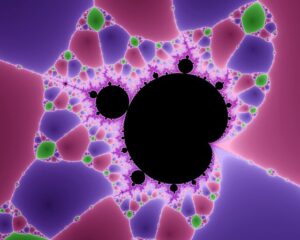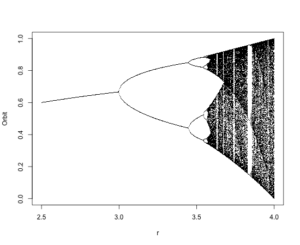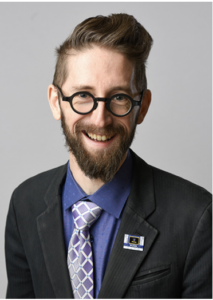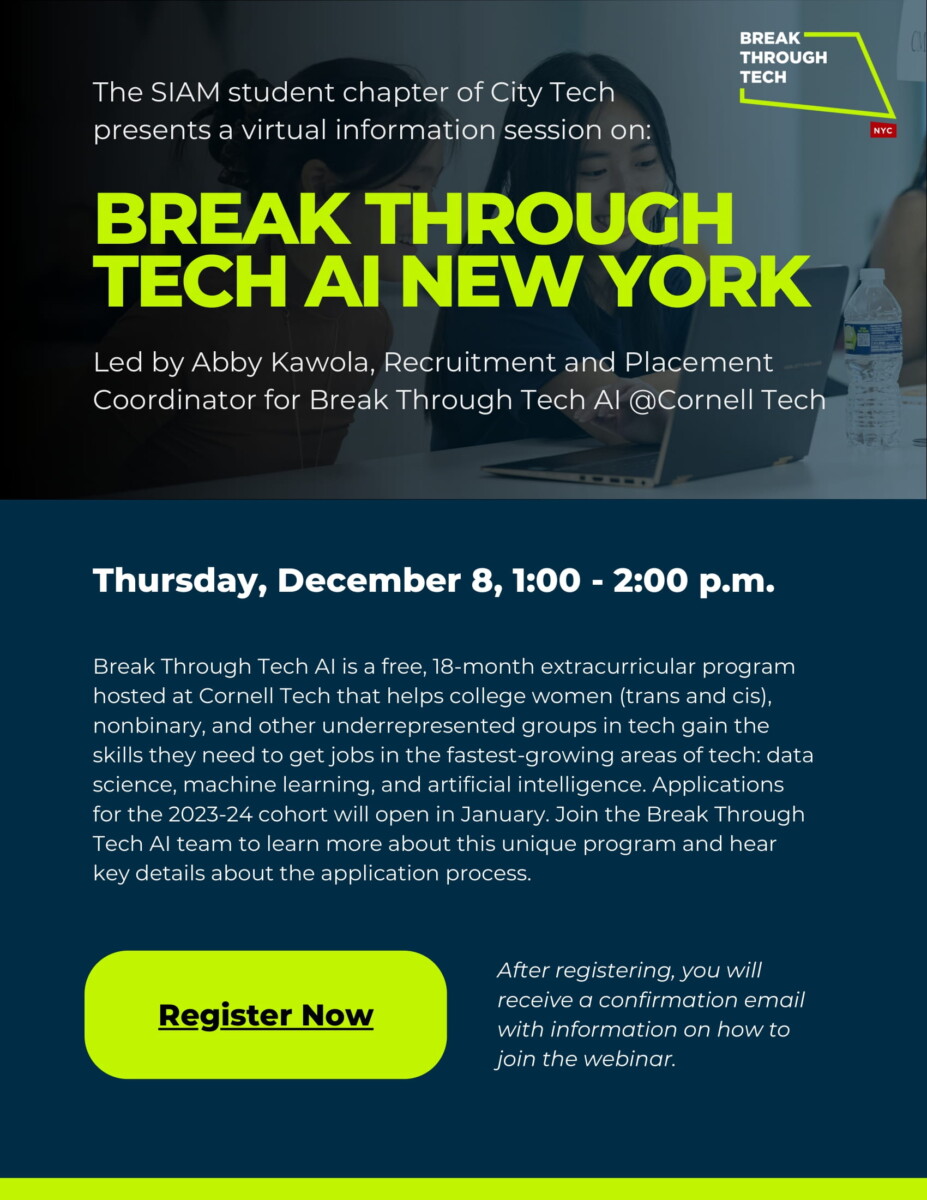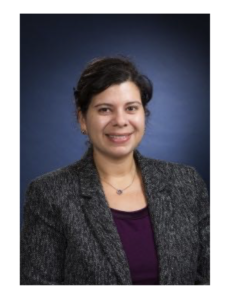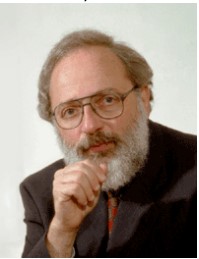THE SIAM STUDENT CHAPTER OF CITY TECH PRESENTS A TALK BY
Dr. Joaquin Carbonara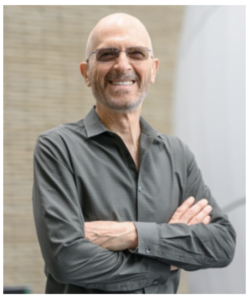
On Thursday, February 23rd, 2023 in person from 1:00-2:00 PM
Room: A105
The talk is on:
“The Secret Life of Data: Storytelling about of How Data Science is Changing the Way we do Mathematics, Science, Information Intelligence, and Connecting Areas as Never Before”
About the Speaker:
“I grew up in the Venezuelan Andes in an isolated and remote town as the first child of an immigrant Italian classical musician father, married to a talented cook and seamstress (read between the lines: food and music! Cool! but why in the Andean cloud forest?). Early on I debated the meaning of truth and made it into a life purpose before becoming a teenager (what else would you do in the Andean cloud forest with no TV or internet?). Trained as a musician at home from the time I was 3 years old (not a choice in my household), I later became part of El Sistema (Jose Antonio Abreu’s monumental project using music as venue for social justice and inclusion; check out El Sistema’s 12000-musician orchestra recently featured in YouTube, El Sistema’s superstar Gustavo Dudamel’s career and more). Turbulent times in Venezuela and my life during the late 70’s led me to believe that Mathematics could be a reliable tool to search for truth. After finishing High School, I left Venezuela and went to San Diego, CA, where I got a Bachelor’s in Math (SDSU) and a PhD in Combinatorial Mathematics (UCSD). Currently I am the founder and chair of a successful Data Science and Analytics MS at SUNY Buffalo State. After a lifetime in the pursuit of truth, publishing papers where I applied math to different fields, and teaching 1000’s of student at the college level, I welcomed the refreshing discovery that Data Science, Storytelling and Data Scientists provide the environment I have been looking for all along. In this presentation I will explore the secret life of data (i.e., how data is still not fully understood and what it has to offer) and advocate the premise that the most urgent purpose of Mathematics, Science and the Scientific Method should not be the search for truth, but rather the search for Algorithmic Strategies for Decision Making supported by math, digital data and human cognitive expertise (read between the lines: Data Science ).”
Take aways for the audience will be graduate school opportunities in Data Science for entrepreneurial minded undergraduates, entrepreneurial and research problems that can be understood by new-comers and experienced researchers combining discrete mathematics and Machine Learning, references in the field of Data Science, foresight about how Mathematics will evolve, and more.


